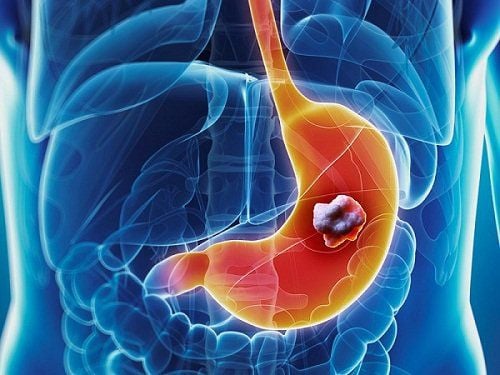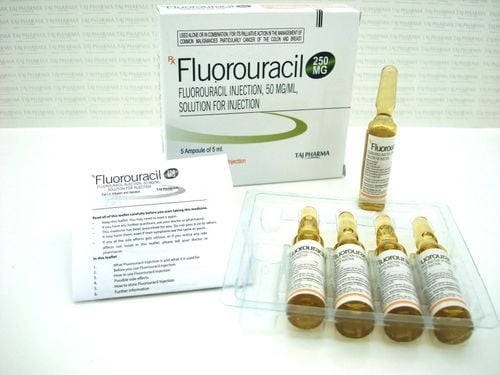This is an automatically translated article.
The article is written by MSc Nguyen Ngoc Khanh - Head of Department of Gastroenterology - Urology - Robotic Surgery & Pediatric Surgery, and MSc Nguyen Hung Cuong - Gastroenterologist, Vinmec Times International General Hospital City.Any type of surgery carries risks during the procedure, and gastric bypass surgery is no exception. Below are the possible complications of gastric bypass surgery and the alternative management methods in each case.
1. Purpose of gastric bypass surgery
The goal of surgery is to remove the diseased portion of the stomach that is causing the symptoms - whether it's cancer, bleeding, pain, or strictures.For most patients, this will help treat or significantly improve symptoms. For cancer, gastric bypass surgery offers the best chance of cure, and treatment may need to be combined with chemotherapy and/or radiation. In gastric cancer surgery, the ability to cure the disease is difficult to guarantee, the benefit of surgery must be prolonged, improved quality of life.

Trong phẫu thuật ung thư dạ dày, khả năng chữa khỏi bệnh khó có thể đảm bảo
2. Complications in gastric surgery may be encountered
Surgery to remove part or all of the stomach is a major surgery and has certain risks involved. These include the risks of:General surgery; Special risks associated with gastrointestinal surgery; Anesthesia hazards. The risks common to all types of surgery include problems with infection (eg, wound infection, residual abscess), respiratory (eg, pneumonia), heart (eg, arrhythmia, infarction myocardial infarction), embolism (eg, in the legs or sometimes in the lungs) and urinary (eg, in renal failure).
Risks associated with gastrectomy include problems with the anastomosis such as: leaking, bursting of the anastomosis, bowel obstruction; bleeding or infection in the abdomen. If there is a leak in the anastomosis, surgery is often required, which is a serious complication but the risk is low, about 5%.
Sometimes during gastric bypass surgery, the surgeon finds that the disease is more complex than anticipated preoperatively. Then surgery may need to be modified to match the nature of the disease. For example, it may be necessary to remove more of the stomach, or part of a nearby organ (such as the pancreas, spleen, colon, etc.). The consent form the patient signs will include this possibility. If there is any part of the body that the patient specifically does not want to have removed, this must be clearly written on the consent form before signing.
Most people will not experience any serious stomach surgery complications. However, the risk is increased for the elderly, overweight and those with comorbidities such as cardiovascular disease, respiratory disease, diabetes, kidney failure. There is a very small risk of death. Patients will be cared for by a team of doctors, nurses and specialist care assistants. Any problems that arise can be assessed quickly and acted upon appropriately.
3. Alternative surgeries/procedures

Trường hợp ung thư, điều trị bằng thuốc đơn thuần sẽ không chữa được căn bệnh này
Gastric surgery at Vinmec Times City International General Hospital is performed by a team of well-trained and experienced doctors and nurses, with the support of a system of modern equipment to help minimize the risk. the risk of complications after surgery, bringing health and peace of mind to the patient.
Especially, from October 2019, in order to improve treatment quality, improve service access as well as patient experience, Vinmec Times City International General Hospital put into operation the model. Gastrointestinal Service Line (Gastrointestinal Service Line). This is a model that has been applied in many prestigious medical centers around the world.
Patients who visit and receive treatment according to the Gastrointestinal Service Line model will enjoy the following benefits:
Consult and agree on a comprehensive treatment plan from a team of doctors from many specialties, instead of just having a doctor. a primary care physician or a treatment specialist as usual; The development of an optimal treatment regimen helps patients avoid having to test different treatment methods, which is costly, time consuming and affects the overall treatment effectiveness; Patients can better manage costs thanks to a one-time payment. For detailed advice on the Gastrointestinal Service Line model at Vinmec Times City, please contact HOTLINE 0243 9743 556 or book online HERE.














